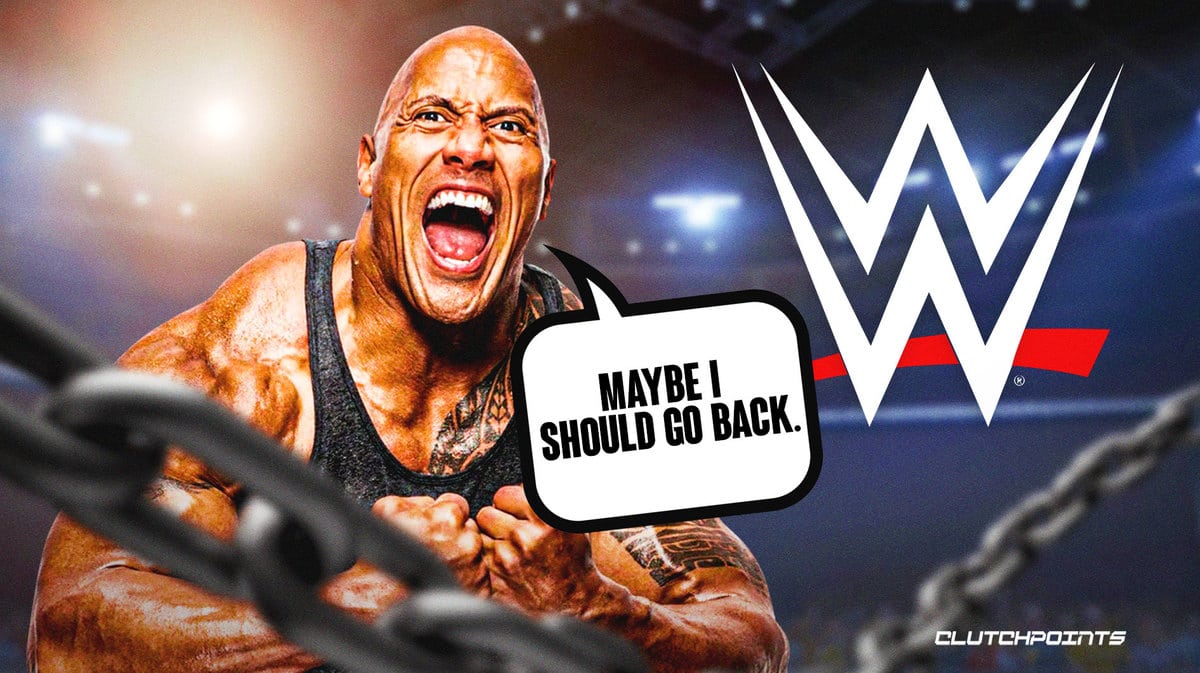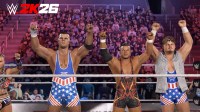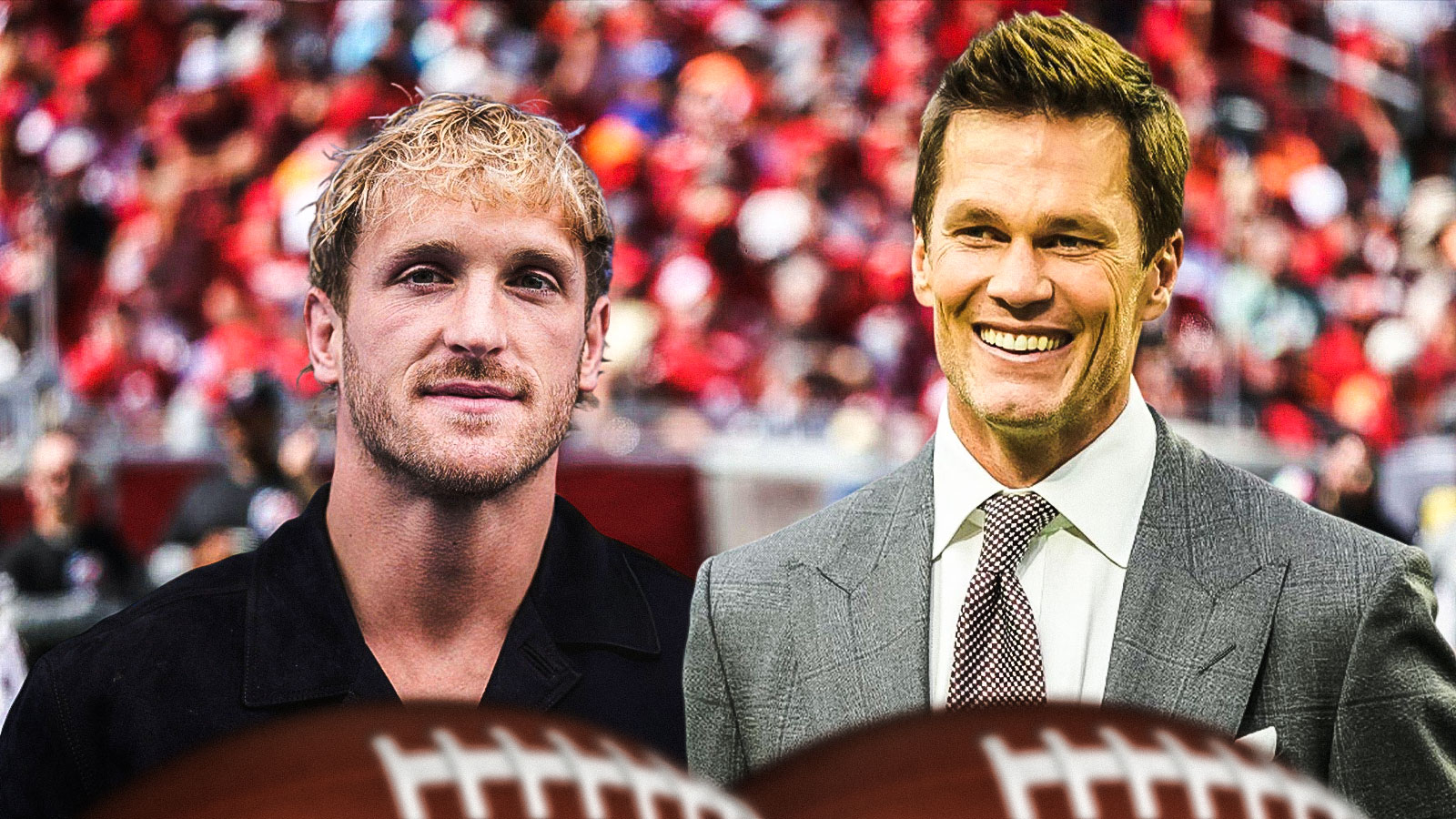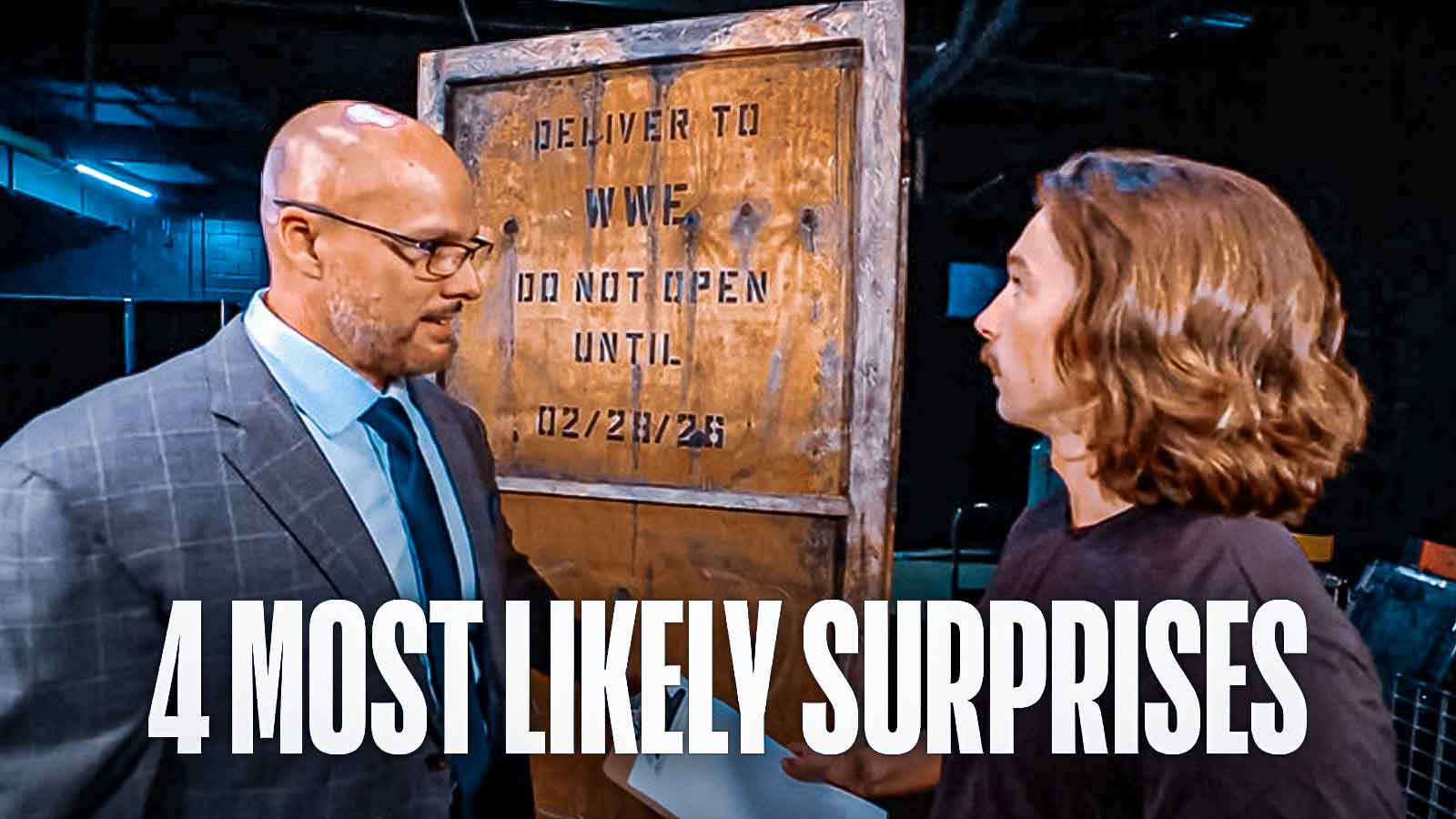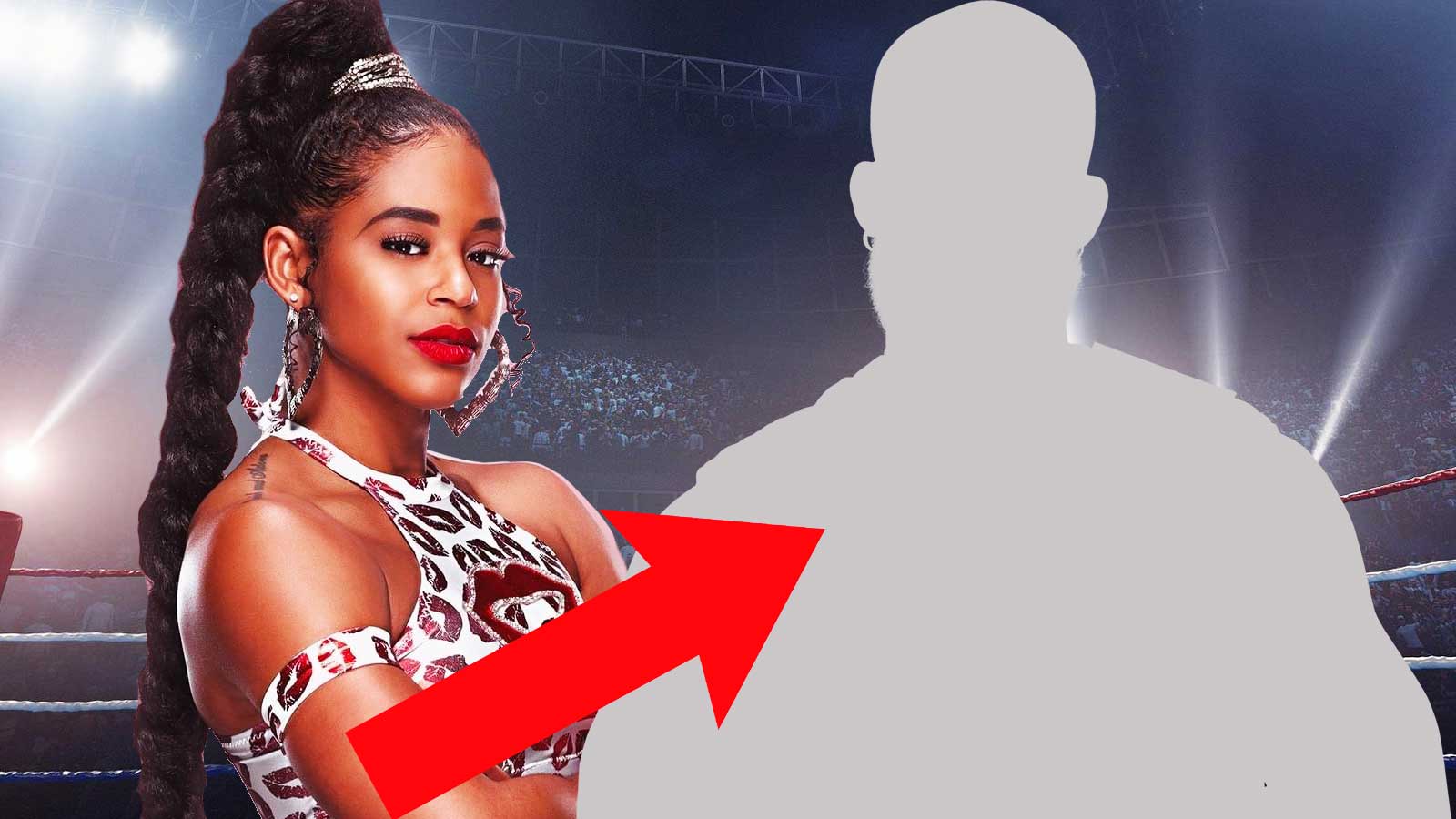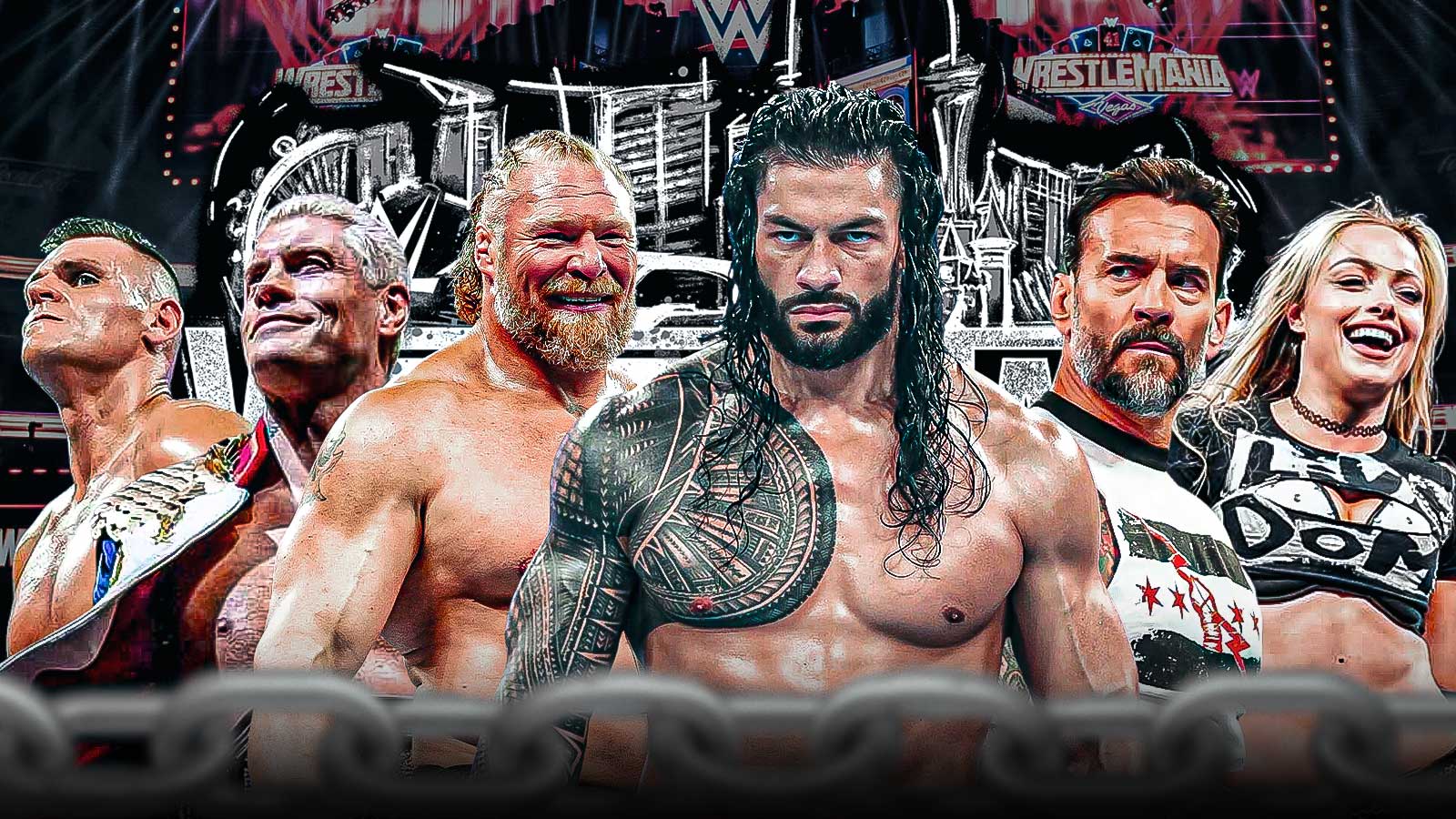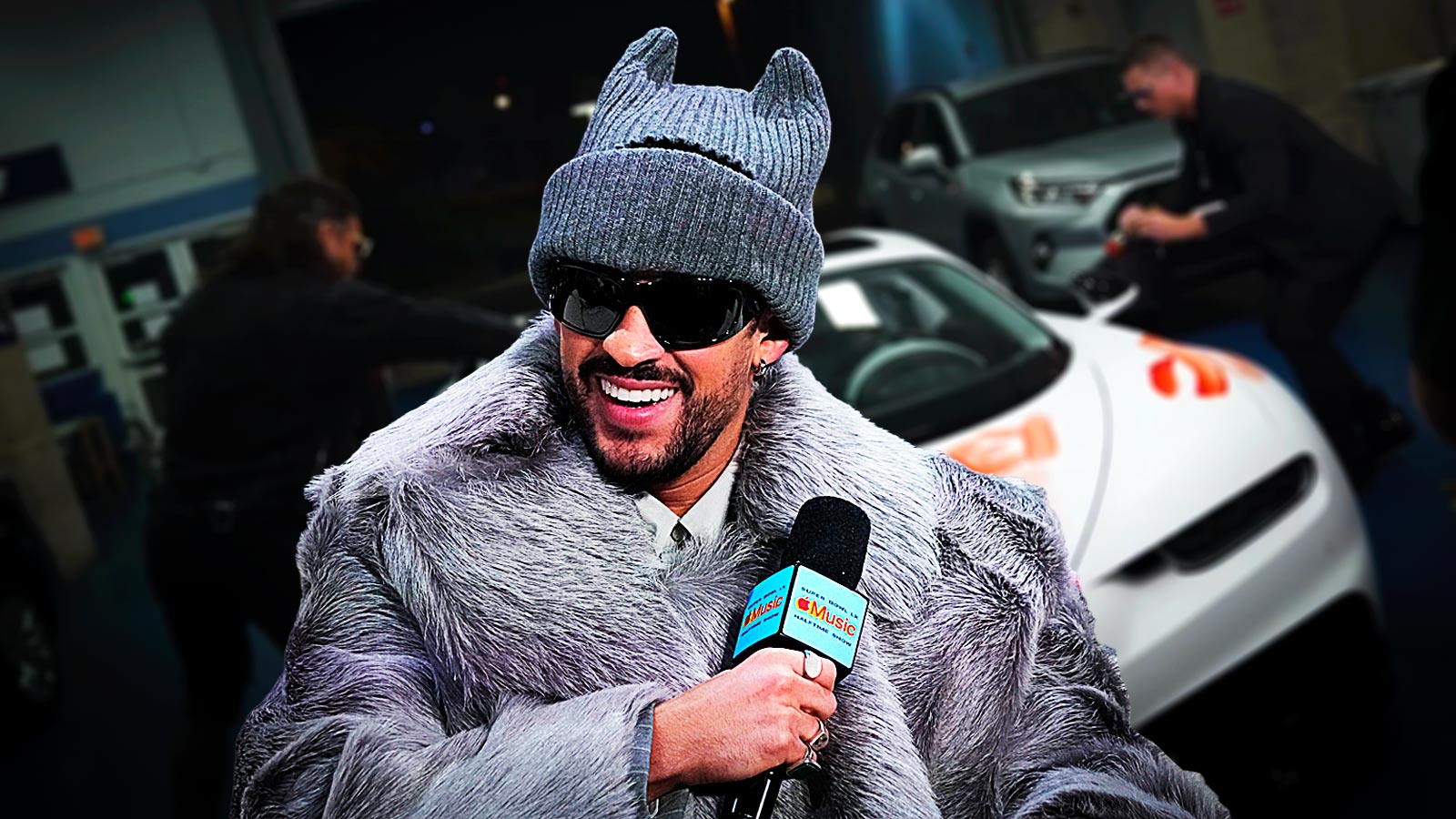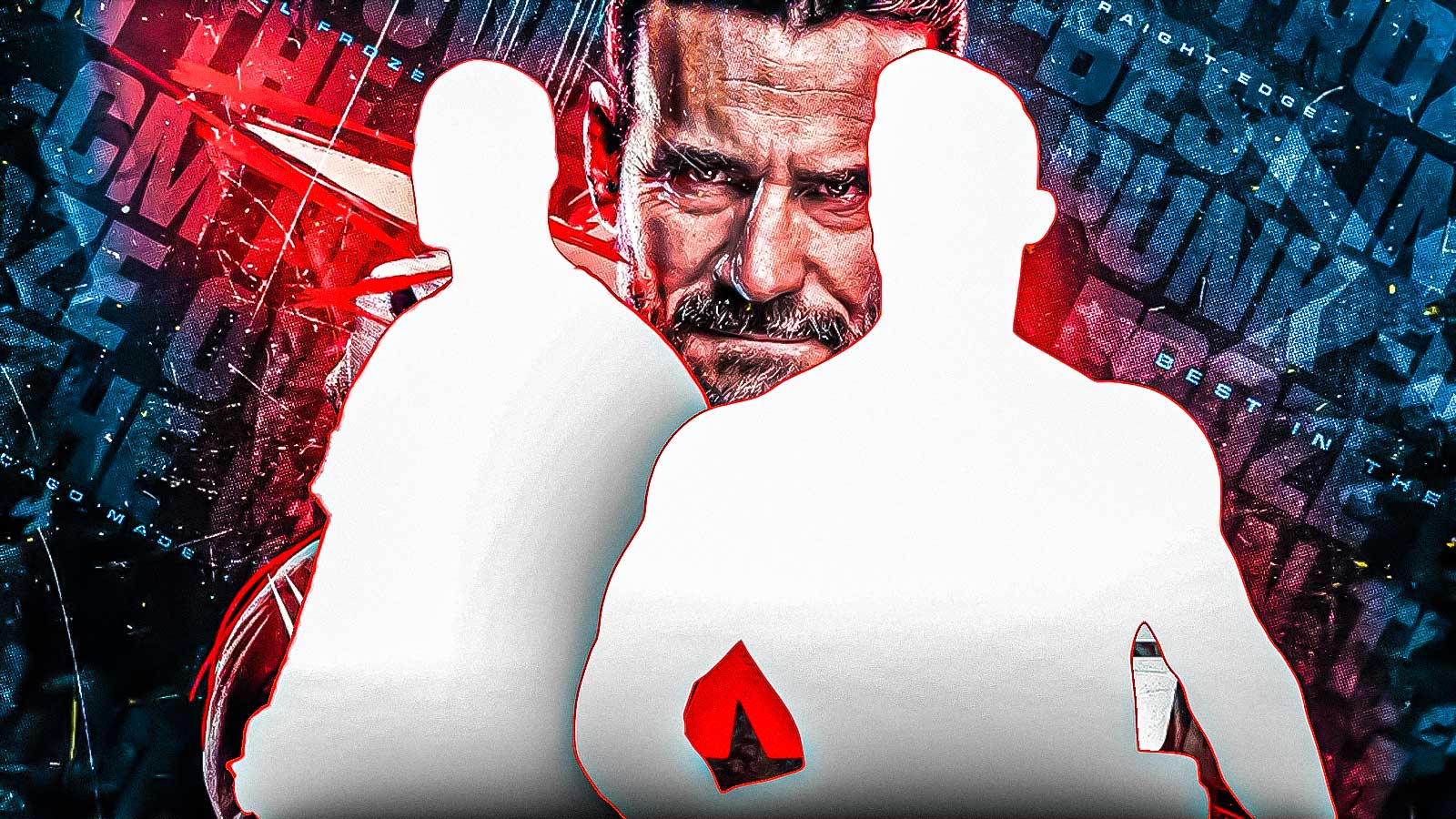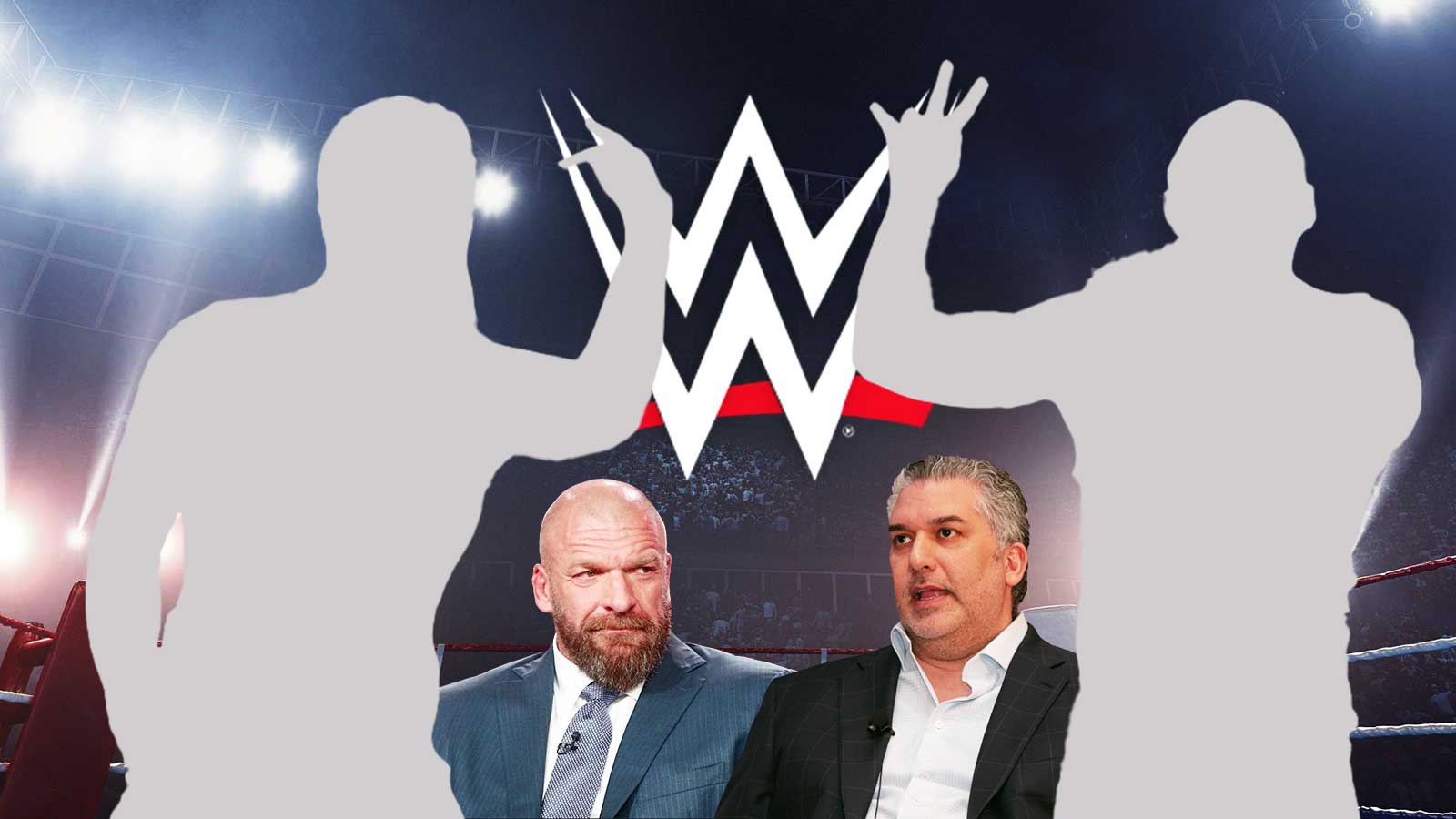Few could have predicted that the world's biggest movie star would emerge from the ranks of professional wrestling in WWE. Yet, that's precisely the path taken by Dwayne “The Rock” Johnson, who surpassed any championship he won in the WWE with a title of his own—the unrivaled king of Tinseltown. For over fifteen years, The Rock dominated the silver screen, captivating audiences and revitalizing iconic film franchises. Not content with his cinematic conquests alone, he also established his own media production company, partnered with Under Armour, ventured into the world of drink with his tequila and energy drink brands, and even resurrected the XFL.
Undoubtedly, The Rock has come a long way since his early days as a professional wrestler, when he had little more than seven dollars in his pocket. However, lately, the former eight-time WWE champion has faced a series of setbacks that is beginning to rival the magnitude of his past victories in the squared circle.
Could a return to the WWE be the catalyst needed to reignite The Rock's appeal?
The biggest star in the world
Once upon a time in Hollywood, The Rock was the most undeniable attraction. It seemed no movie studio dared turned him down unless that didn't want to reap the benefits of big box offices. Whether it was the small screen with HBO's successful hit, Ballers, or completely reviving the Fast and Furious franchise to what it is now (for better or worse), everything The Rock touched turned to gold. However, as is the nature of the ever-evolving Hollywood landscape, the light only shines bright for so long in, and soon the bulb is thrown out and replaced with a new one.
Following the establishment of 7 Bucks Productions, his media company with business partner and former wife Dani Garcia, The Rock's ventures became increasingly diverse. The duo boldly steered their creative vision, charting a course driven by their own interests rather than catering solely to Hollywood's demands. It was a logical progression. The Rock had already proven his worth as a bankable commodity, embodying the muscle-bound action hero who emerged unscathed from gunfire and explosions with nothing more than a scratch. He represented a renaissance of the era once dominated by Arnold Schwarzenegger and Sylvester Stallone in the '80s and '90s, now occupying the center stage without any contenders.
Yet, as the years passed, it became evident that The Rock's growing stature extended beyond his bulging biceps. After basking in over a decade of triumphs, the mega-star began succumbing to an expanding ego, while the audience's enthusiasm waned.
Hollywood ego
The first unmistakable sign of this transformation emerged with his most ambitious project to date—the highly anticipated Black Adam film. This venture had been fifteen years in the making, as most Hollywood producers had initially dismissed its profitability. Regrettably, their skepticism proved valid. Although the film amassed $391 million worldwide, critical reception was underwhelming, marking another setback for Warner Bros. and their DC Extended Universe (DCEU) franchise. It was during this time that The Rock's ego truly became apparent.
The DCEU had been plagued by missteps from its inception, lacking a coherent creative direction that dated back to Zack Snyder's Man of Steel. With Black Adam, The Rock appeared to deliver the final blow, unwilling to heed creative input and clashing with WB executives. He insisted on incorporating Henry Cavill's Superman into the film's ending, a move intended to pave the way for a potential sequel. This obstinacy has garnered unwarranted criticism for The Rock within the industry.
Since the disappointing performance of Black Adam, rumors abound about dwindling film offers, and even his semi-autobiographical sitcom, Young Rock, abruptly met its demise. Additionally, his first season as the owner of the XFL reportedly resulted in a loss of $60 million.
The perfect time to go back home
The Rock is far from being down for the count, but he has endured significant blows over the past few months that would stagger anyone. Beneath his charming smile and offbeat dad jokes, he can no longer rely on lackluster, formulaic content. Consequently, amidst whispered speculations of his return to the WWE ring to face his cousin Roman Reigns, perhaps it is time for The Rock to consider a return to his roots.
While the allure of the Hollywood Hills may present opportunities in the future, a WWE ring possesses a finite shelf life, even if icons like Ric Flair refuse to acknowledge it. At 51 years old, The Rock's physical condition remains impressive, and he operates in an era and industry that accommodates the comebacks of aging athletic stars. However, time is of the essence, and the window of opportunity diminishes with each passing day. Age aside, the essence of storytelling plays a crucial role with the Reigns and The Bloodline.
Within the WWE, one of the most captivating storylines in decades has unfolded between Reigns and The Bloodline. This narrative has captivated audiences for nearly three years, elevating not only Reigns but also those who crossed his path. It revitalized the careers of Sami Zayn and even Kevin Owens. Moreover, Reigns has turned his own family members into stars within the company. Perhaps it is time for him to revive The Rock's legacy as well.
The Rock doesn't need to follow in the footsteps of Rick Dalton, portrayed by Leonardo DiCaprio's aging character in Quentin Tarantino's Once Upon a Time in Hollywood, by venturing into obscure Italian films. All he has to do is embrace the company that propelled his stardom. Ironically, the very industry that often blacklists individuals in Hollywood has the power to erase any lingering disapproval from fellow producers or fans.

